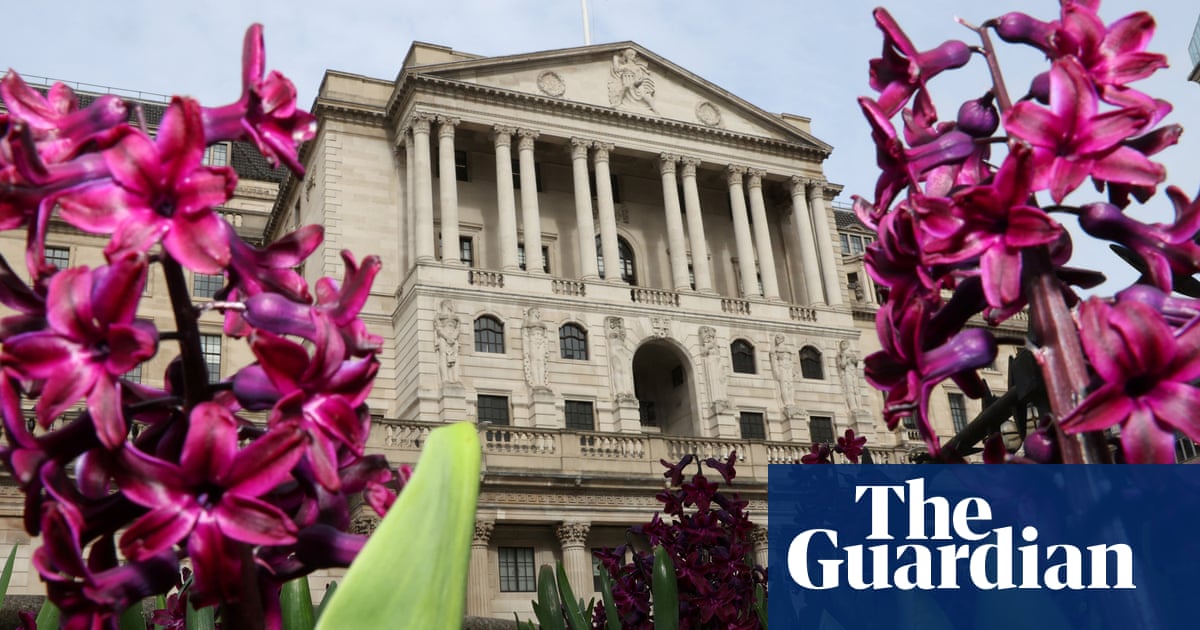
ISTANBUL (Reuters) - Turkey’s annual inflation rate climbed more than expected to 14.97% last month, data showed on Wednesday, driven by energy and food prices and pressuring the central bank to keep policy tight even after sharp interest rate hikes.
Month-on-month, consumer prices rose 1.68% in January, according to the Turkish Statistical Institute, also above a Reuters poll forecast of 1.4%.
Turkish inflation has been stuck in double digits for most of the last three years and stood at 14.6% in December, well above the 5% target. The median poll forecast for January was for a rise to 14.68%.
Since Naci Agbal was appointed its governor in November, the central bank has hiked its key rate to 17% from 10.25%, giving Turkey the tightest monetary policy of any major developed or emerging market economy.
(Graphic: Turkey"s double-digit inflation marches higher link: )
Last week Agbal reaffirmed a commitment to tight policy even if more “front-loaded” steps were needed.
The central bank governor, who like his predecessors has faced pressure from President Tayyip Erdogan to cut borrowing costs, also stood by an aggressive forecast that inflation would drop below 10% by year end, more than market expectations.
Analysts said electricity, gas and oil prices lifted the overall price index (CPI) last month, and food prices, which have hit Turks particularly hard, rose another 2.5% over the month and more than 18% in a year.
The lira rallied nearly 1% after the report to 7.13 versus the dollar. It is up more than 5% this year, by far the best performer in emerging markets largely due to the hawkish monetary policy.
“Policy tightening has been stepped up through a more orthodox approach, and a new economic team has placed strong emphasis in communications on sustaining disinflation,” Fitch ratings agency said this week.
The producer price index rose 2.66% month-on-month in January for an annual rise of 26.16%, the inflation data showed.
The statistics institute said protective masks were added to the CPI basket in 2021, given the coronavirus pandemic, and it raised the weighting of food and non alcoholic beverages, and lowered that of restaurants and hotels.












